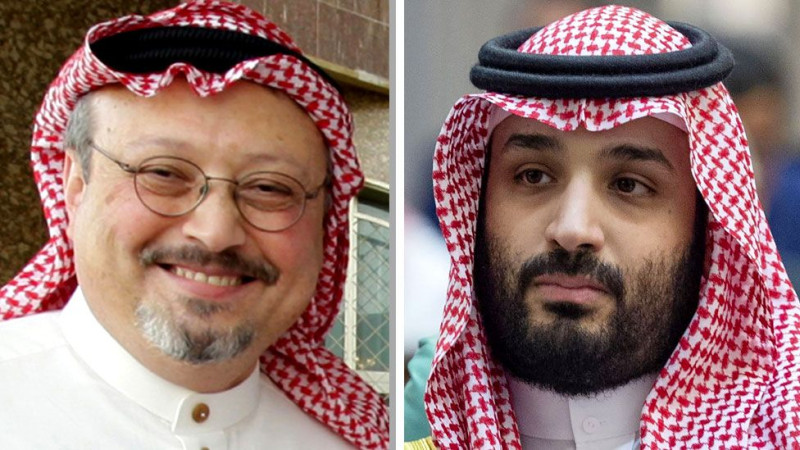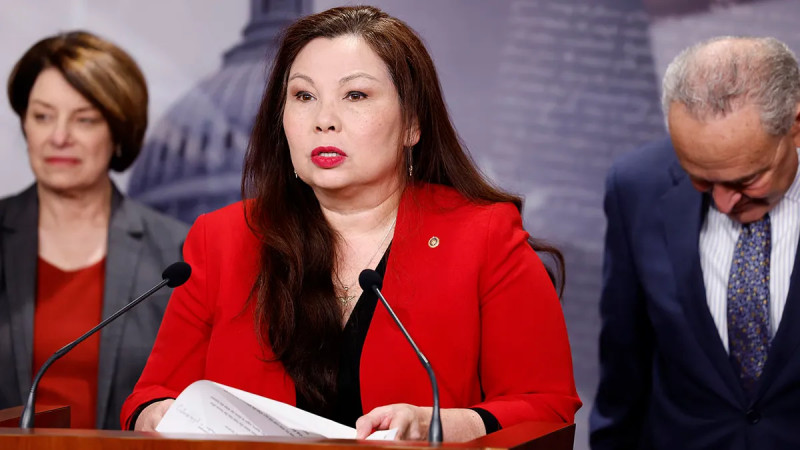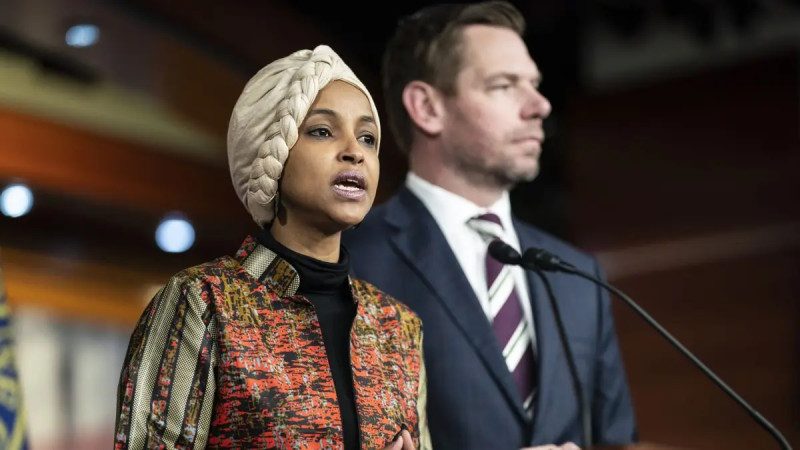Saudi Arabia's Crown Prince Mohammed bin Salman embarks on a landmark visit to the White House, marking his first official trip since the controversial killing of journalist Jamal Khashoggi in 2018. The visit comes at a pivotal moment in global politics, underscoring the complex dynamics between Saudi Arabia and the United States.
Prince Mohammed bin Salman, often referred to as MBS, has been a central figure in Saudi Arabia's transformation, spearheading ambitious reforms under the Vision 2030 initiative. This program aims to diversify the kingdom's economy and reduce its dependence on oil. However, his tenure has been marred by the 2018 murder of Jamal Khashoggi, a Washington Post journalist. Despite widespread international condemnation, MBS has continued to assert his influence both domestically and on the world stage.
This visit is significant not just for its diplomatic implications but also for the potential economic and military deals on the table. Reports suggest that the United States is poised to unveil a major defense package, including the sale of F-35 stealth jets to Saudi Arabia. This move, while controversial due to regional geopolitical tensions, aligns with Saudi Arabia's efforts to modernize its military capabilities.
The U.S. administration, under President Donald Trump, has been notably supportive of MBS, despite the ongoing debate over his role in Khashoggi's death. The warm embrace MBS is likely to receive at the White House highlights the strategic importance of Saudi Arabia to U.S. interests in the Middle East. However, it also raises questions about the balance between human rights concerns and geopolitical realities.
The visit is a testament to MBS's efforts to re-establish his standing on the international stage. By returning to Washington, he aims to project an image of stability and continuity, critical for maintaining investor confidence in his reforms. This trip is also part of a broader diplomatic push, as Saudi Arabia seeks to enhance its global influence and alliances.
For the United States, the visit offers an opportunity to reaffirm its strategic partnership with a key ally in the Middle East. However, it also comes with the challenge of addressing the human rights concerns that have shadowed MBS's leadership. The U.S. has determined that Saudi Arabia's de facto leader has immunity from a lawsuit filed by murdered Jamal Khashoggi. This decision, while controversial, reflects the delicate balancing act the U.S. must perform in maintaining its relationships in the region.
In conclusion, Crown Prince Mohammed bin Salman's visit to the White House is a significant diplomatic event with far-reaching implications. It underscores the enduring strategic partnership between Saudi Arabia and the United States, while also highlighting the complex interplay of geopolitical interests and human rights concerns. As the world watches, this visit will likely set the tone for future relations between the two nations, shaping the geopolitical landscape of the Middle East for years to come.



